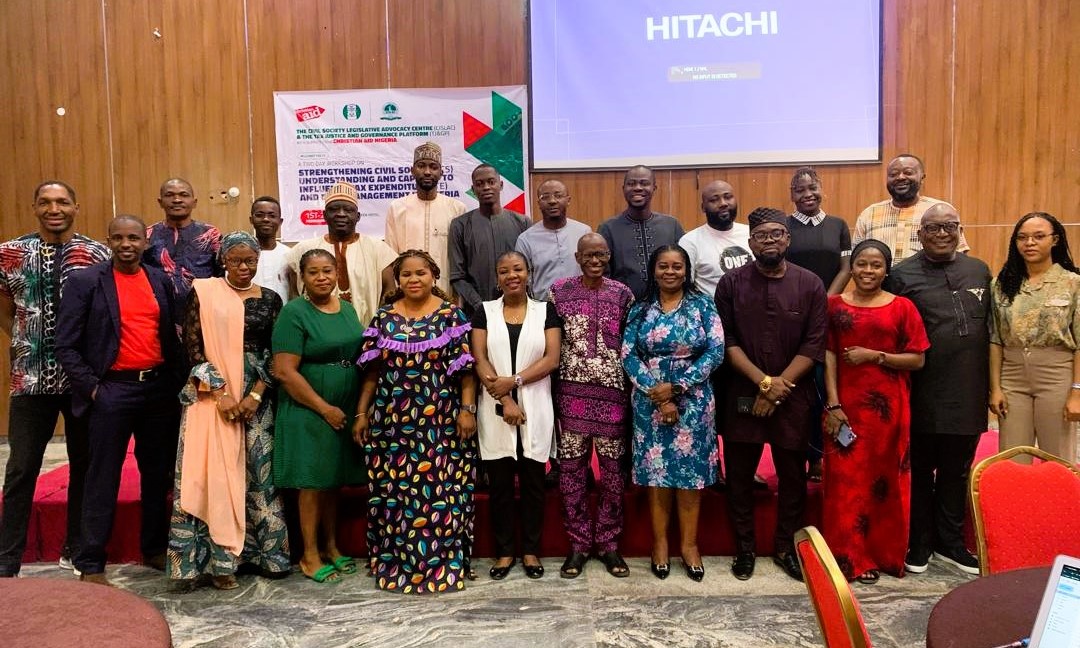Rethinking Nigeria’s Tax Expenditure To Address Fiscal Challenge, Debt Management

Tax Expenditure (TE) also known as subsidies, benefits, tax breaks, tax relief, etc., often include incentives, exemptions reduced rates and deductions among others, is commonly offered to businesses with the aim of attracting investments. However, with Nigeria’s present fiscal crisis and ballooning debt, tax experts and participants at a recent technical workshop organised by Civil Society Legislative Advocacy Centre (CISLAC) faults the implementation of the scheme in Nigeria, arguing that it is, for the most part, ineffective. Extractive360’s Juliet Ukanwosu writes
Well thought-out and implemented tax expenditure have been proven to result in increased productivity and stimulate private sector innovation and investments in a country. But often times, incentives for investment such as tax holidays and special economic zones have equally been proven highly ineffective, especially as have been observed with the case of Nigeria.
Several factors are attributed to this, including a critical error of the failure by policy makers to align TE’s with national development goals; and the high level corruption associated with its implementation. There are evidence that huge gaps continue to exist between the actual federal government revenue and actual TE with analysis revealing that the country does not realize half of the projected FDI in comparison to the forgone TE.
With Nigeria presently experiencing a critical economic challenge, marked by a substantial allocation of its revenue towards debt serving, it has become imperative to rethink the country’s TE administration and take practical steps to block leakages. As of December 2022, 80% of Nigeria’s total revenue was dedicated to debt servicing resulting to a decrease of funding to critical sectors such as health and education.
The Executive Director of CISLAC, Auwal Musa Rafsanjani, expressed worry that the pattern of bloated recurrent spending, new borrowings and unsustainable debt servicing costs continue to persist in Nigeria’s N28 trillion 2024 budget, with debt servicing projected at 45% of total revenue. Also very concerning are figures of the country’s debt-to-GDP ratio which stands at 45.4%, surpassing the self- imposed limit of 40%. Equally worrying, according to Rafsanjani, is the debt servicing-to-revenue ratio which has reached 73.5%, significantly higher than the recommended 50% threshold.
Why Rethinking TE is urgent
With Nigeria’s public debt reaching an unsustainable level, the forum highlighted the need for a reassessment of government spending and revenue generation, with an area for consideration being revenue forgone or lost through TE, such as credits, waivers, exemptions and incentives.

Cross section of participants at the technical workshop in Abuja
Data presented at the technical workshop showed that the 2021 Tax Expenditure Statement (TES) estimates the loss at approximately 4% of GDP or N6.8trilion which was approximately 49.6% of the total 2021 budget. Similarly, the TE for previous years were N58trillion in 2020 accounting for 55% of the total budget, N5.3trillion in 2022 which was 39% of the total budget, and N5.51trillion in 2023 representing 25% of the budget.
It concluded that the Nigerian government’s persistent reliance on borrowing, particularly creditor borrowings which accounts for about 60% of the annual debt servicing cost, as well as the loss of substantial revenue through TE are significantly contributing to compounding the country’s fiscal challenge.
Further to this, it was unanimously recommended that to address the fiscal crisis, tax incentive administrators should publish cost-benefit analysis of tax expenditures to enable public scrutiny of the value of these incentives, in addition to regular audits of public debt management operations in line with the World bank recommendations.
Effective collaboration is key
In order to achieve the above recommendations and mitigate the situation, the need for effective collaborations by all stakeholders was highlighted. Key among the strategic actions proffered include the need for rigorous loan approval by the legislature with public involvement, and the need for the National Assembly to revise frameworks related to debt management to emphasise transparency and accountability.
Also emphasized is the need to review all existing TEs and criteria for such benefits, as well as a review of the power and process of granting pioneer status. For effectiveness, the forum recommended that the power to grant pioneer status be removed from the Minister of Finance or the Executive and only place a duty on the Executive to document the recommendation, proposal and/or justification for tax expenditure subject to approval of the legislature.
Furthermore, the role of civil society in public debt management was highlighted as crucial for citizen participation and ensuring alignment of debt raising activities with national development goals, while it was stressed that TEs should not exceed 10% of projected annual revenue or within the medium term.























